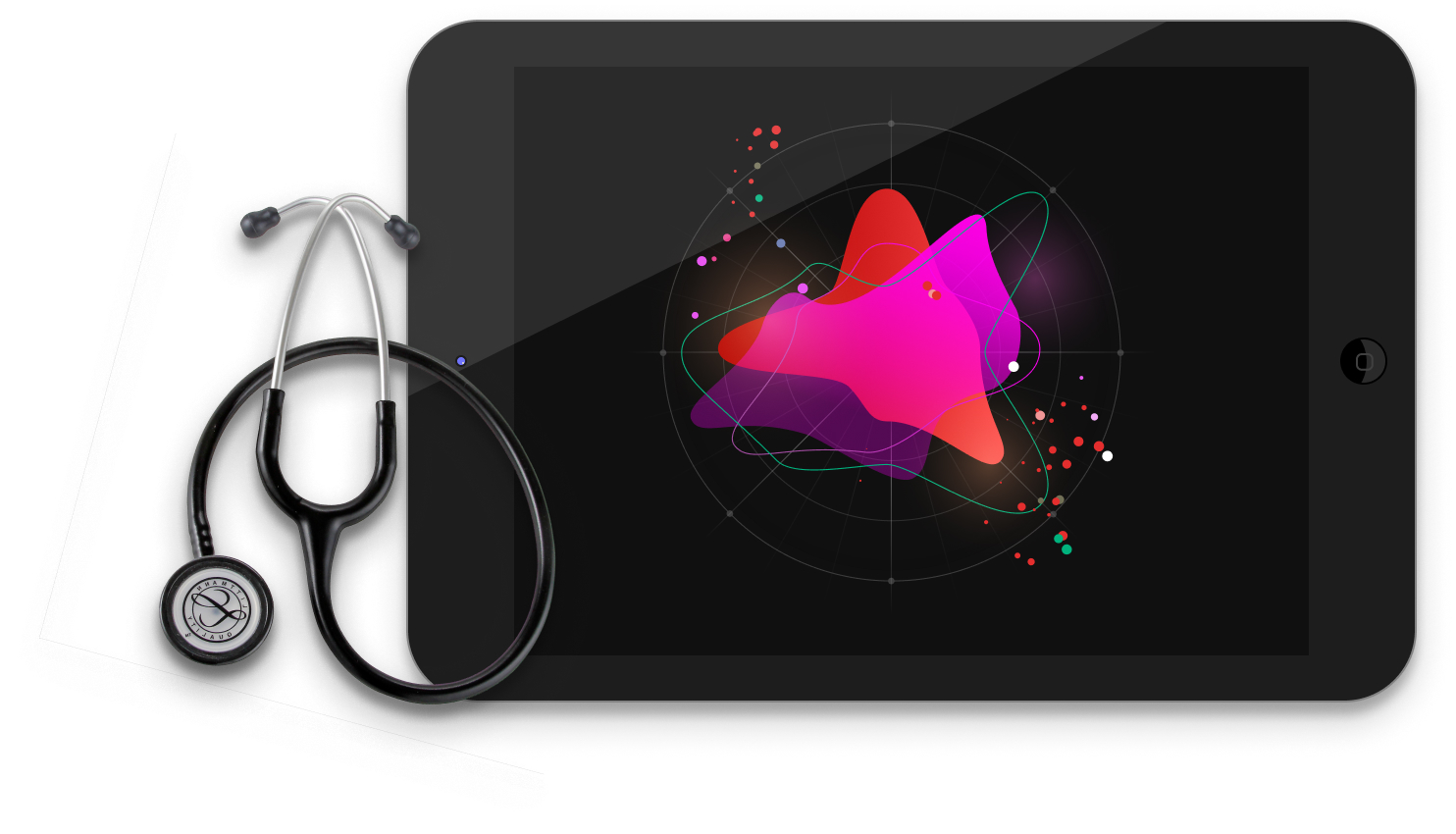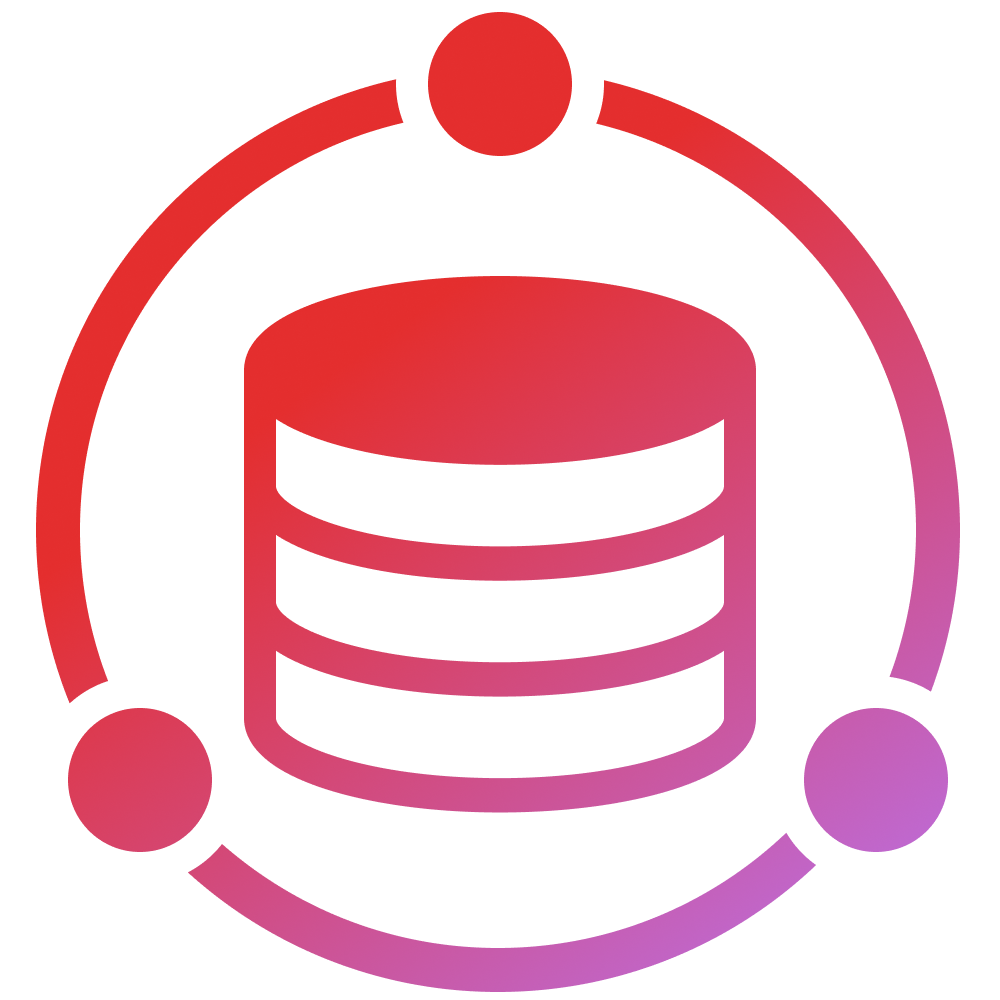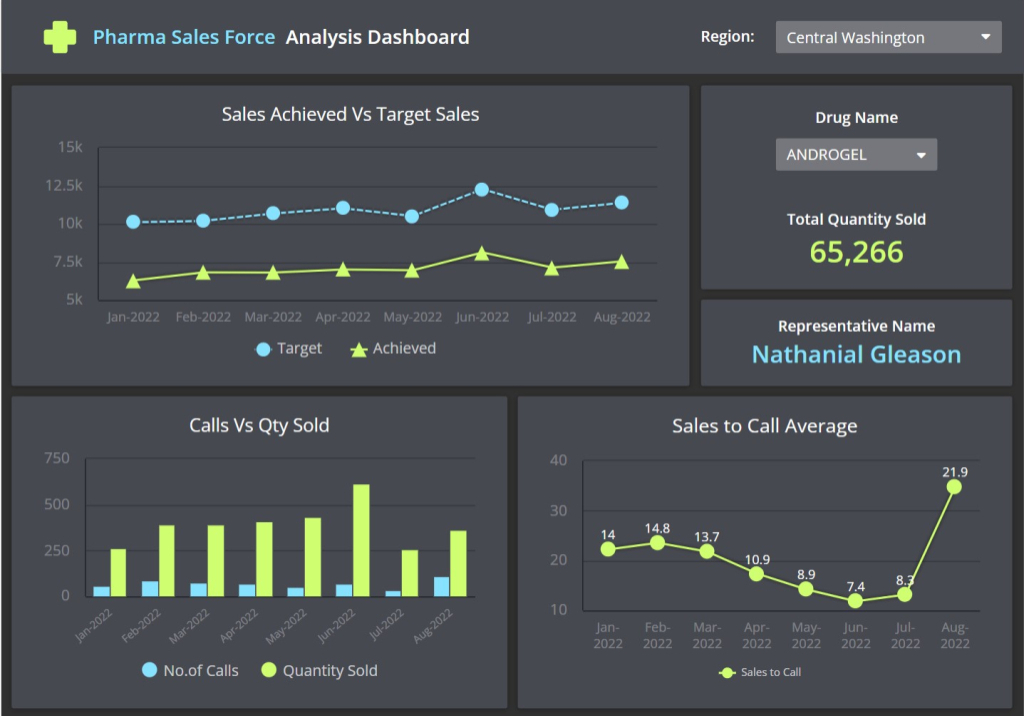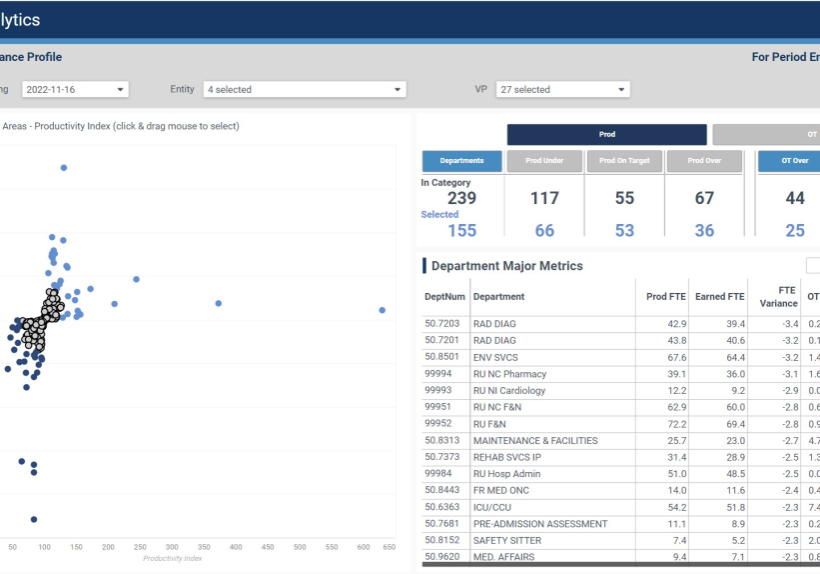Qadatra for Healthcare & Life Sciences
Unlock the potential of your healthcare and life sciences data with Qadatra's powerful data analytics and dashboard solutions. Our platform enables you to consolidate, analyze, and visualize complex data from multiple sources, empowering you to make data-driven decisions for improved patient care, research, and business operations.

Why Choose Qadatra for Healthcare and Life Sciences Data Analytics
As the healthcare and life sciences industries evolve, the need for robust data analytics and visualization tools has become more crucial than ever. Qadatra's advanced features and seamless integrations provide the perfect solution for organizations seeking a comprehensive, easy-to-use platform to manage and analyze their data.

Benefits

Enhanced Decision-Making
With Qadatra's powerful data analytics capabilities, healthcare and life sciences organizations can quickly identify trends, patterns, and correlations in their data. This allows them to make informed decisions for improved patient care, operational efficiency, and research outcomes.

Streamlined Data Consolidation
Qadatra's platform enables seamless integration with multiple data sources, such as EHR systems, research databases, and business applications. This allows organizations to consolidate their disparate data into a single, unified platform, making it easier to manage and analyze.

Improved Collaboration and Communication
Qadatra's user-friendly dashboard and collaboration tools foster better teamwork within organizations. By sharing insights and visualizations with colleagues, healthcare and life sciences professionals can collaborate more effectively, ensuring that everyone is on the same page and working towards common goals.

Time and Resource Savings
By automating data transformation, analysis, and reporting tasks, Qadatra frees up valuable time and resources for healthcare and life sciences organizations. This allows professionals to focus on their core responsibilities, such as patient care, research, and strategy development, while still benefiting from data-driven insights.
Key Performance Indicators and Metrics
-
Prescription adherence
The percentage of patients who take their medications as prescribed by their healthcare provider.
-
Health outcomes
The health status of patients after receiving care, such as the improvement or worsening of their condition.
-
Cost per patient
The average cost of providing care to each patient and average length of time patients stay in the hospital or receive treatment.
-
Patient wait time
The amount of time patients wait to receive care, such as waiting time in emergency rooms or for appointments.
-
Patient outcomes
The results of healthcare interventions or treatments, such as the reduction of symptoms or improvement in health status.
-
Clinical trial success rates
The percentage of clinical trials that successfully meet their endpoints.
-
Research and development (R&D) spend
The amount of money the business invests in R&D to develop new products and technologies.
-
Prescription drug sales
The amount of revenue generated from the sale of prescription drugs.
-
Patient satisfaction
The level of satisfaction patients experience with the care they receive from the business.
-
Market share
The percentage of total sales in a particular market or therapeutic area that the business is responsible for.








